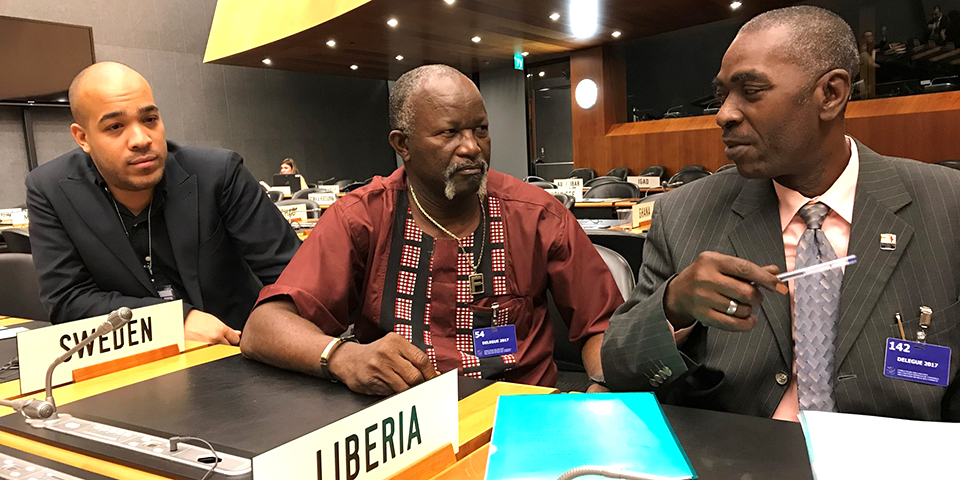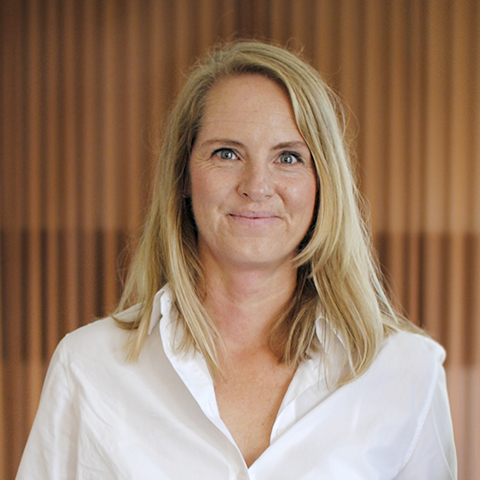Our partners in countries and regions

Through our long-term cooperations, we support regions and countries to become part of global trade. Our initiatives focus on developing countries, with the aim of creating sustainable trade.
The National Board of Trade Sweden's long-term cooperations aim to strengthen individual and institutional capabilities in developing countries to conduct international trade. These capabilities help to increase growth, create more jobs and reduce poverty. The cooperations are a part of Swedish aid and are therefore free of charge for our partners.
Development cooperations at the institutional level
We cooperate with countries on the OECD/DAC list of developing countries – often Swedish aid countries. The cooperation takes place at the institutional level, for example with government agencies or ministries, and can be bilateral or regional:
Bilateral cooperation
A bilateral cooperation means that the National Board of Trade cooperates with a specific country. Examples of bilateral cooperation are the National Board of Trade's cooperations with Zambia, Namibia, Liberia and Ecuador.
Regional cooperation
A regional cooperation means that the National Board of Trade cooperates with a specific region. For example, it may involve cooperation with East Africa or Eastern Europe.
Each cooperation is unique
At the National Board of Trade, we are experts in trade and have experience from many different countries. But all countries have their own unique conditions, so the work always needs to be adapted to the conditions, needs and wishes of the specific country or region. This may, for example, involve:
- increasing knowledge of international regulations
- increasing knowledge of what constitutes an obstacle to trade
- preparing a country to enter into international trade agreements
- creating working methods to implement trade agreements that have been concluded
- creating structures for consultation between different parties, such as government agencies, industry organisations, businesses and civil society.
Joint efforts for long-term change
Our cooperations often last for several years. But the impact of our efforts should last much longer than that. Our ambition is to contribute to long-term capacity development: knowledge and working methods that create lasting change. We can only do this if the ambition is mutual. Thus, the important thing is not what we convey, but how knowledge and working methods are passed on to more people in the partner country or region. We work in cooperations in which we make joint commitments. Only then can we create sustainable growth through trade.

Would you like to know more about our development cooperation?
Do you have questions about how we work, or are you interested in a cooperation? We would love to hear from you.
Sara Sandelius
Deputy director
Phone: +46 8 690 48 30
E-mail: firstname.lastname@kommerskollegium.se
